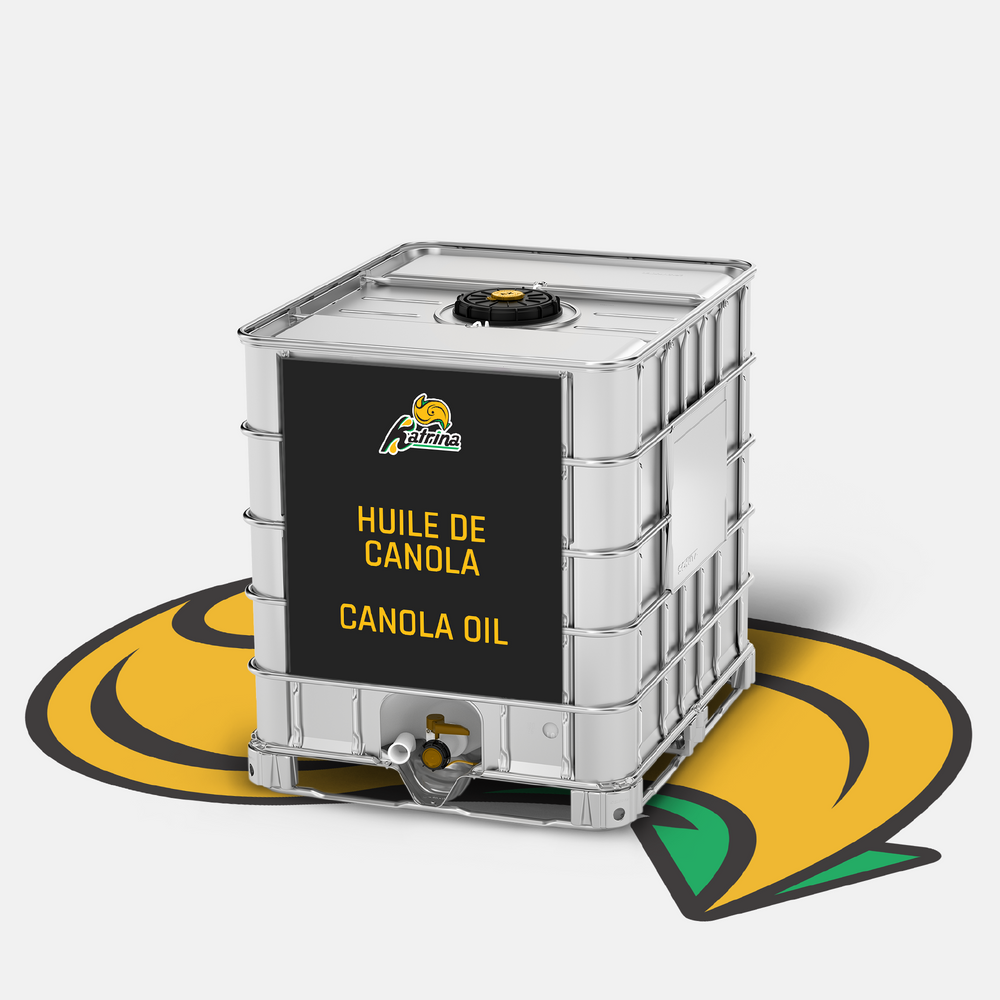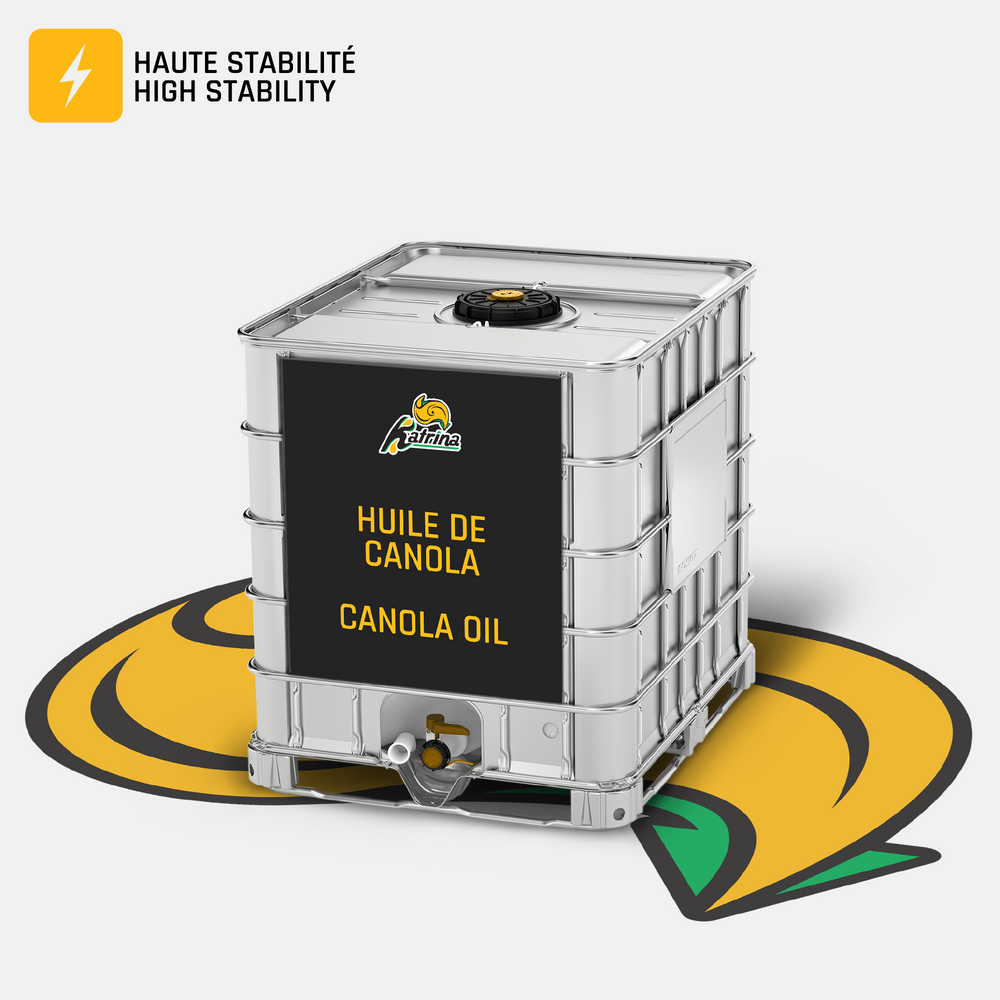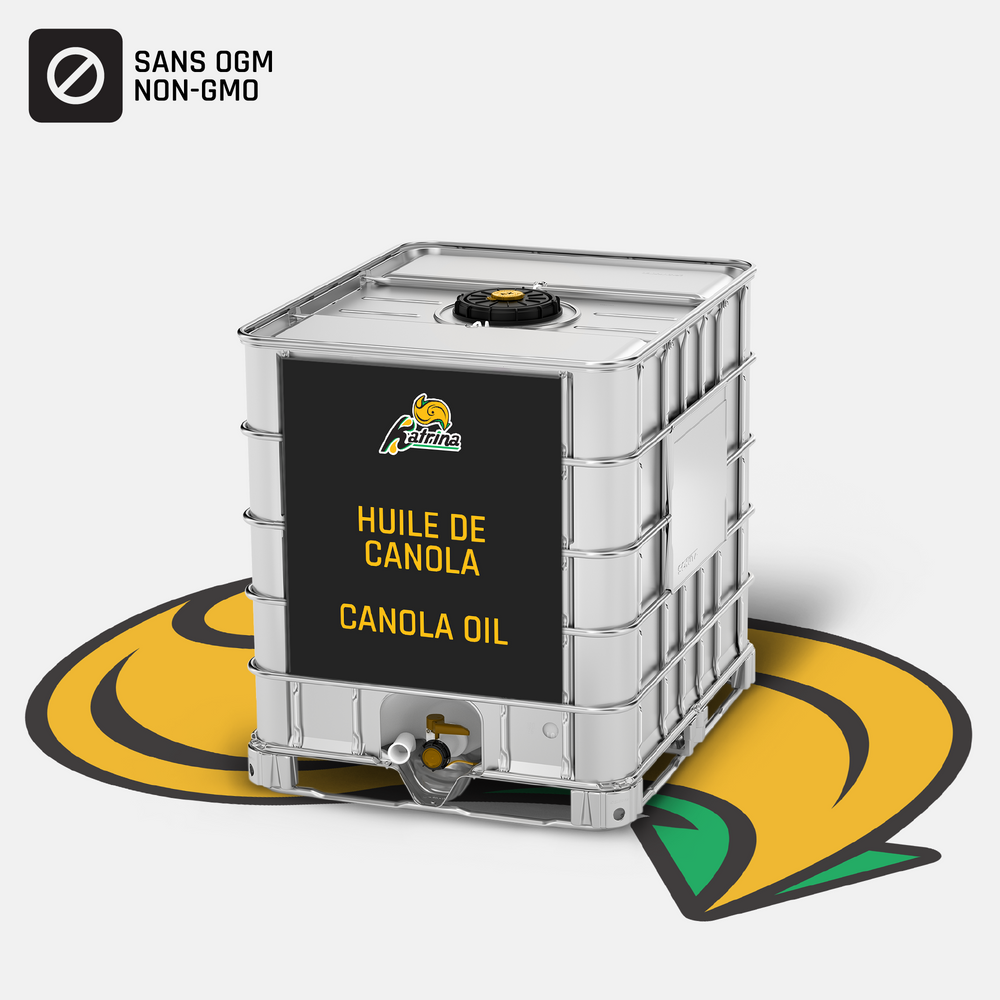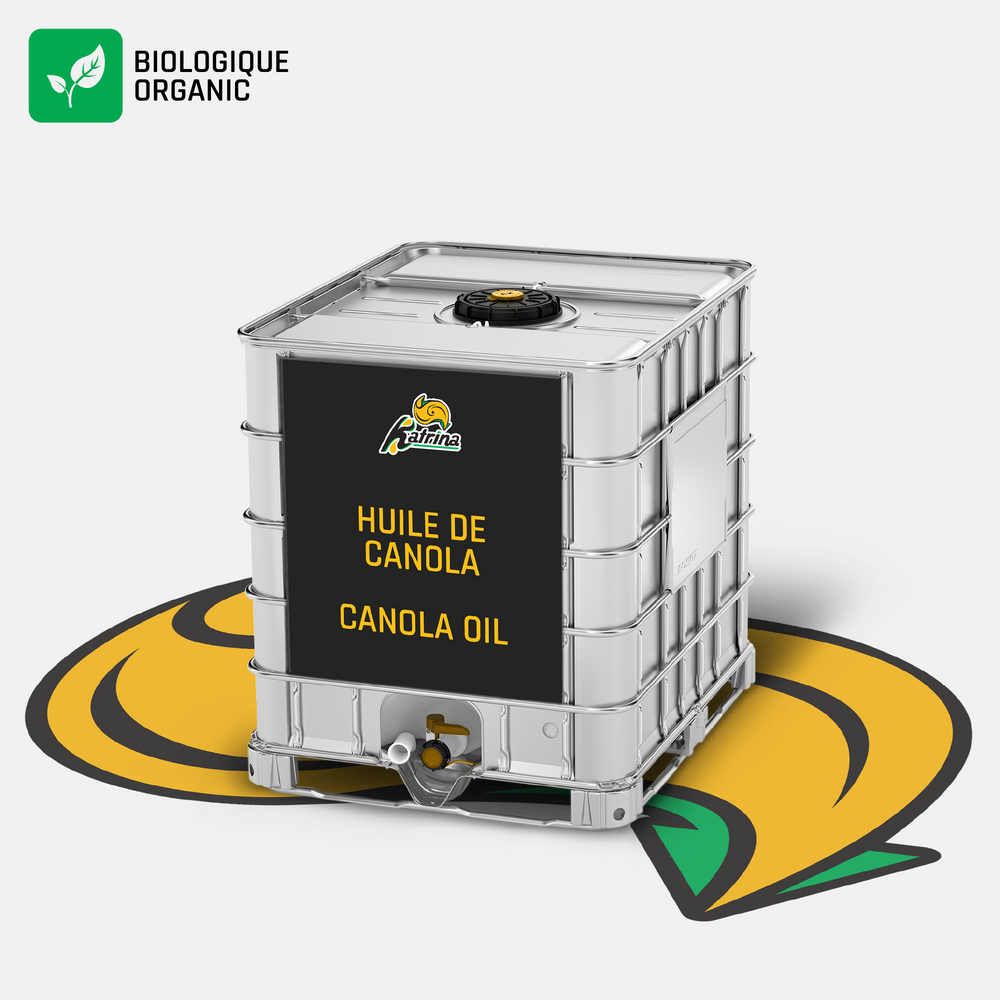Cloudy Olive Oil: How to Know If It's Good or Bad
Why Is My Olive Oil Cloudy?
Cloudy olive oil usually isn’t bad. It's normal for olive oil to become cloudy due to natural sediments or exposure to cold temperatures, such as if you store it in the fridge or in a cold room.
While cloudiness doesn't necessarily indicate spoilage, it's important to distinguish between normal cloudiness and signs of oil degradation. This guide will explain why olive oil turns cloudy, how to clear cloudy olive oil, and whether it's still safe to consume.
Common Reasons for Cloudy Olive Oil
1. Sediments in Unfiltered Olive Oil
Unfiltered olive oils, like many extra virgin olive oils, contain natural sediments like olive pulp and skin. These tiny particles remain in the oil after extraction and can cause cloudiness.
If you shake a bottle of olive oil or agitate a bulk container, then unfiltered oil might turn cloudy. In these cases, there’s nothing to worry about because you just stirred up the sediments that have settled at the bottom. The oil is safe to consume, and any solids will settle back down naturally over time.
2. Cold Temperatures
Olive oil contains monounsaturated fats that solidify when exposed to colder temperatures, so putting your olive oil in the fridge will make it cloudy, opaque, and even form crystals. Storing your containers in a cold room can also cause cloudy bits to appear in your olive oil. You’re most likely to see this happen in the winter months when temperatures hover around freezing.
No need to worry though, because cloudy olive oil still retains its nutritional benefits. You can clear cloudy olive oil by bringing it back to room temperature or placing the container in a heated room to speed up the process. Do not expose it to direct sunlight, however, as it will degrade the oil's quality.
3. Rancidity or Spoilage
If filtered olive oil still appears cloudy at room temperature, then the oil could have spoiled or gone rancid. Here’s how to make sure it’s safe to use:
- Take note of the date you first opened the bottle or container. In general, you can safely consume olive oil within a year of opening.
- Check its smell and taste. If it seems stale or unpleasant, then stay on the safe side and replace it with a fresh batch.
Remember, prolonged exposure to light, heat, and air can accelerate the degradation of oils due to oxidation. Read our guide to storing cooking oil in bulk to learn about proper oil storage practices that help olive oil stay fresh longer.
FAQs
Does Olive Oil Get Cloudy When Cold?
Yes, exposure to cooler temperatures can cause olive oil to solidify and appear cloudy. This change is purely physical and doesn't indicate spoilage. All you need to do is thaw it out before using it.
Should Extra Virgin Olive Oil Be Cloudy?
Extra virgin olive oil can sometimes appear cloudy due to natural sediments or cold temperatures, and this is normal. Cloudiness doesn’t indicate poor quality and usually resolves when the oil is left to settle and warmed to room temperature.
Related posts:
Can you use extra virgin olive oil for deep frying?













